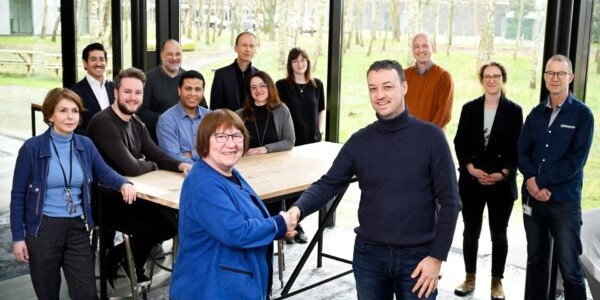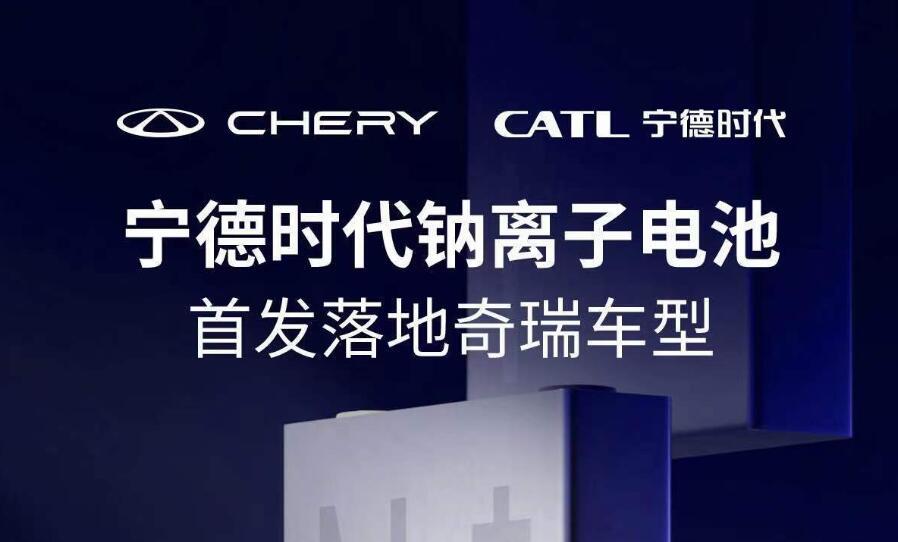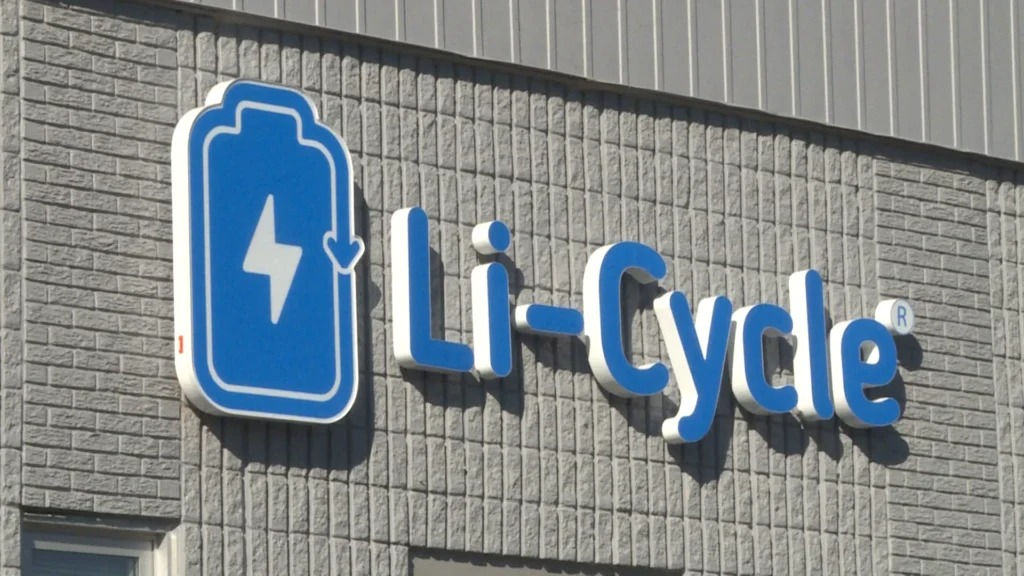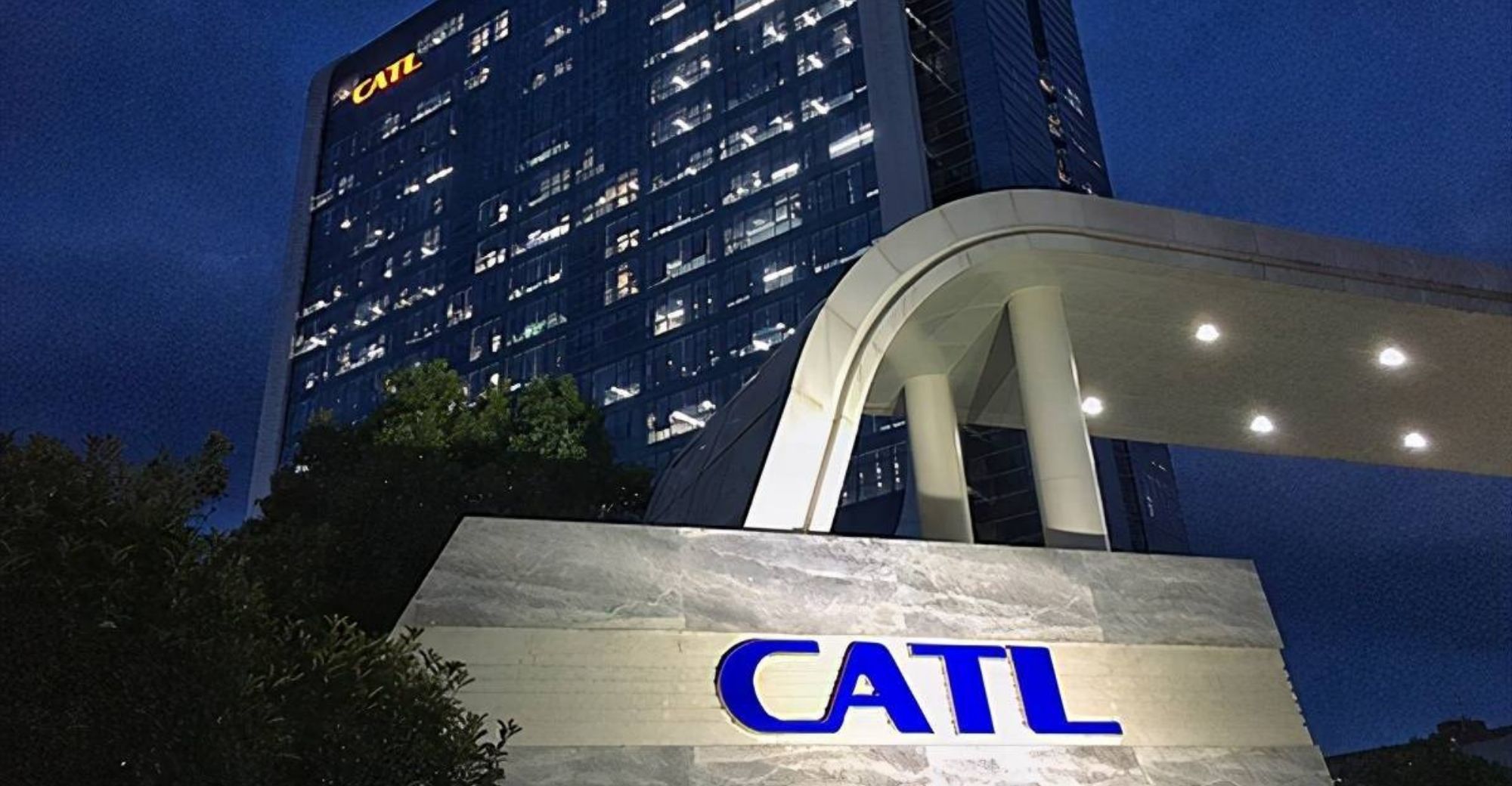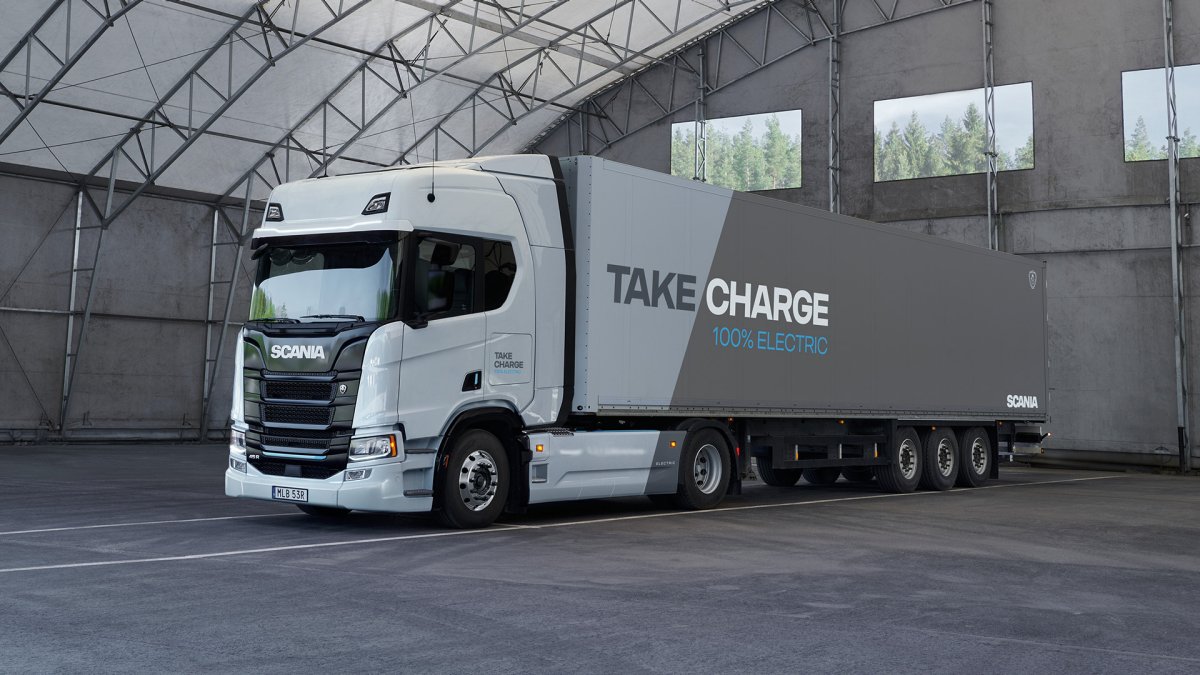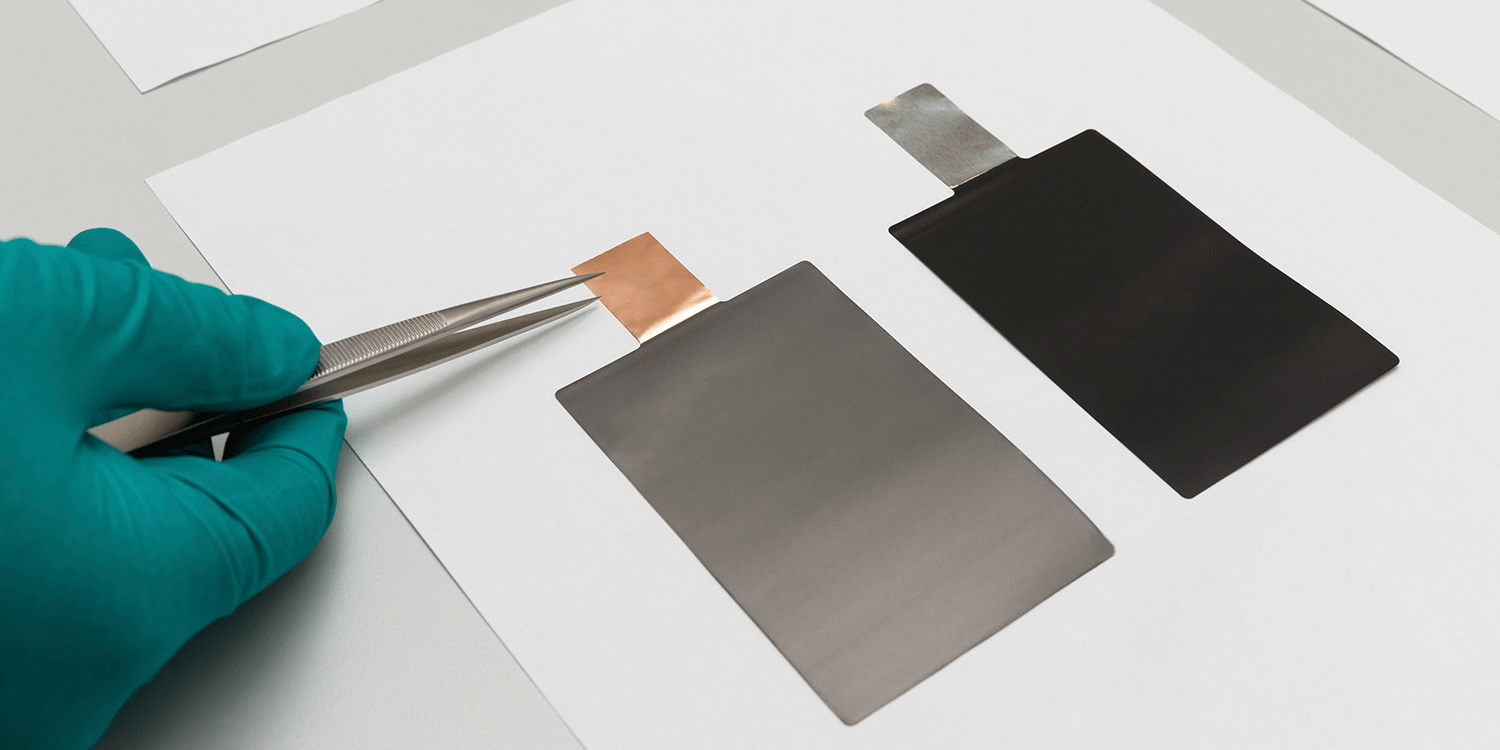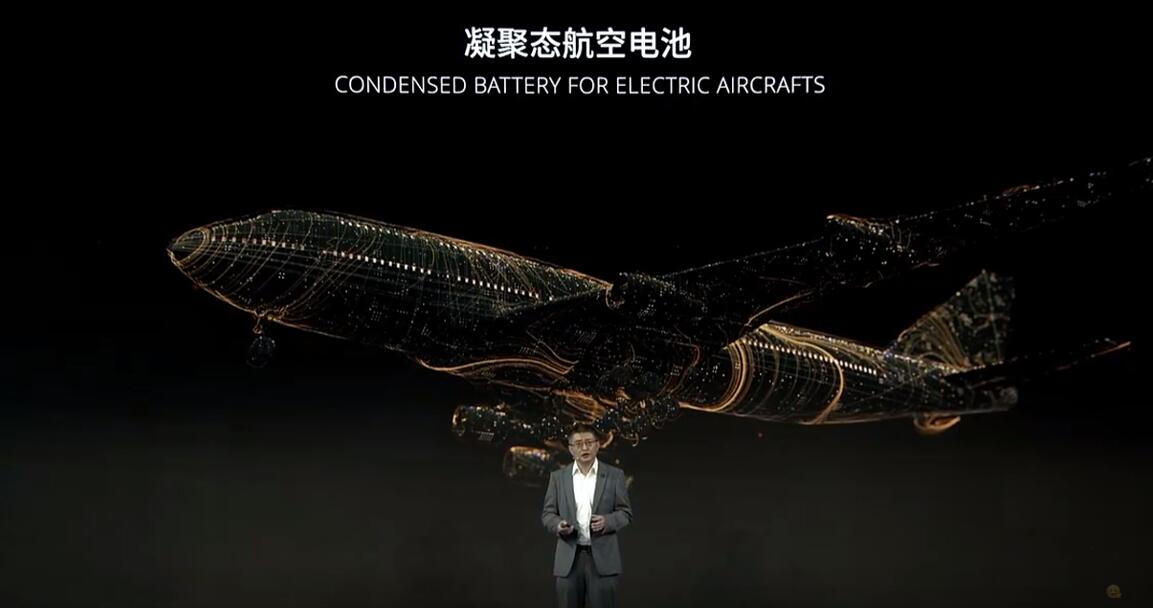The Centre for Solar Energy and Hydrogen Research Baden-Württemberg (ZSW) and the Dutch institute TNO of the Holst Centre have announced a joint research project to develop lithium-ion batteries for the European automotive industry. The cross-border project will begin by improving existing lithium-ion batteries and will later investigate next-generation batteries, such as sodium-ion batteries. The project is the first step in a long-term collaboration between the two research and development centres, and it is scheduled to run until the end of February next year.
ZSW and TNO plan to stabilise the interfaces in the lithium-ion battery through atomic layer deposition (ALD) to improve battery performance. TNO brings more than 15 years of experience with ALD technology to the partnership, and ZSW contributes extensive expertise in materials research, integration in electrodes and cells, and strong ties with the German automotive industry. The research work is application-oriented with local partners from battery production and the automotive industry, and it will receive support from the Natural and Medical Sciences Institute at the University of Tübingen (NMI) for detailed material characterisation.
The Dutch province of Noord-Brabant and the state of Baden-Württemberg are providing about €3.4 million for this cross-border research project. In the long term, a cross-border battery network will be established, in which both institutions will involve their partners from the battery production value chain in the Dutch province of Noord-Brabant and Germany.
According to Margret Wohlfahrt-Mehrens, head of electrochemical materials research at ZSW, the pace of development for lithium-ion batteries needs to be further accelerated to meet the European Union’s CO2 emission targets. She believes that building strong cross-border relationships and cooperation within the European Union is necessary. Ton van Mol, Managing Director of TNO of the Holst Centre, says that the ALD single-layer deposition technology can significantly improve the stability of current and next-generation lithium-ion batteries, which will enable shorter charging times.
See also: Valmet Automotive Begins Series Production of Battery Systems in First German Plant
“This collaboration is a great first step in bringing the Dutch and German battery technology ecosystems closer together,” explains Ton van Hol. He believes that the project will create the conditions for companies from both regions to enable and upgrade their commitment to the energy transition.

